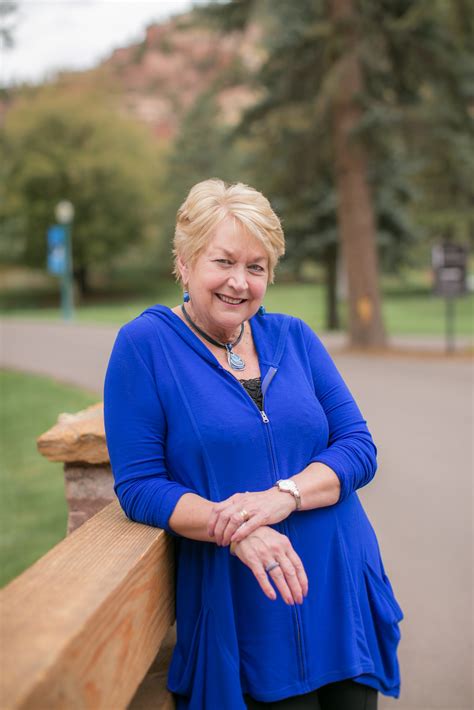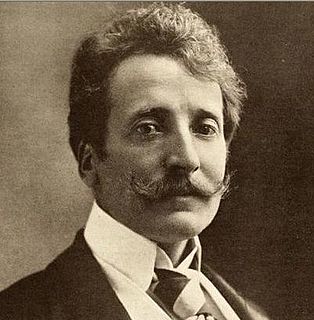A Quote by Linda Dillow
Contentment is a state of the heart, not a state of affairs.
Quote Topics
Related Quotes
All varieties of interference with the market phenomena not only fail to achieve the ends aimed at by their authors and supporters, but bring about a state of affairs which - from the point of view of their authors and advocates valuations - is less desirable than the previous state of affairs which they were designed to alter.
In the Bible, shalom means universal flourishing, wholeness, and delight--a rich state of affairs in which natural needs are satisfied and natural gifts fruitfully employed, a state of affairs that inspires joyful wonder as its Creator and Savior opens doors and welcomes the creatures in whom he delights. Shalom, in other words, is the way things ought to be.
Welfare policies never attain those - allegedly beneficial - ends which the government and the self-styled progressives who advocated them wanted to attain, but - on the contrary - bring about a state of affairs which - from the very point of view of the government and its supporters - is even more unsatisfactory than the previous state of affairs they wanted to 'improve.'
The State, of course, is absolutely indispensable to the preservation of law and order, and the promotion of peace and social cooperation. What is unnecessary and evil, what abridges the liberty and threatens the true welfare of the individual, is the State that has usurped excessive powers and grown beyond its legitimate function - the super-State, the socialist State, the redistributive State, in brief, the ironically misnamed 'Welfare State.'
The withdrawal of a State from a league has no revolutionary or insurrectionary characteristic. The government of the State remains unchanged as to all internal affairs. It is only its external or confederate relations that are altered. To term this action of a Sovereign a 'rebellion' is a gross abuse of language.

































